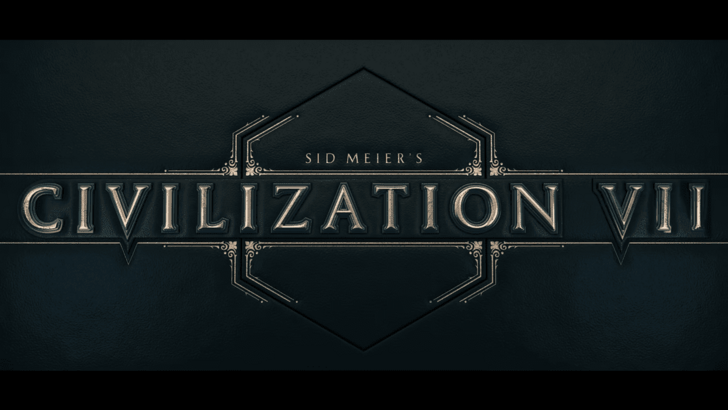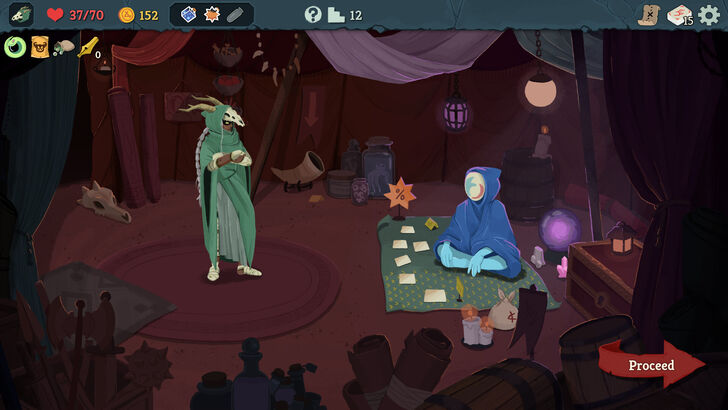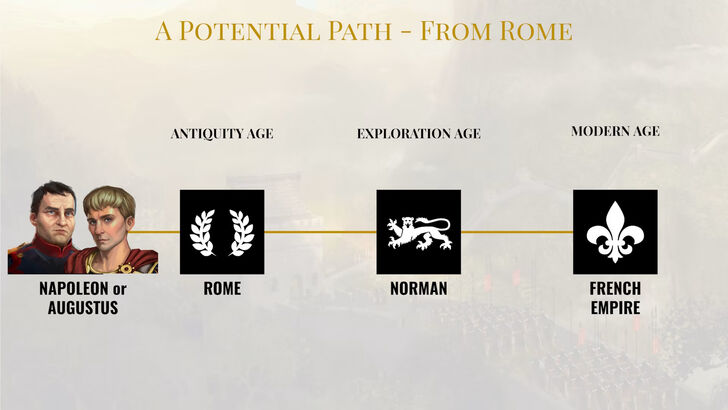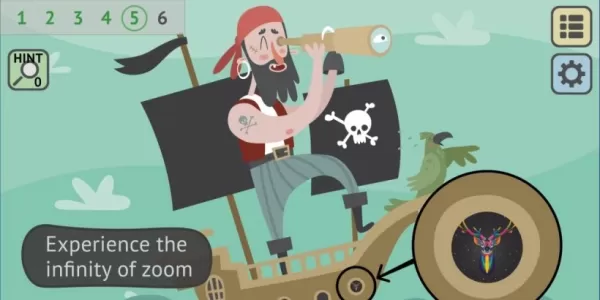
Civilization VII is officially the Most Wanted PC Game of 2025, according to the PC Gamer's "Most Wanted" event! This announcement, coupled with the Creative Director's reveal of new engaging campaign mechanics, has generated significant excitement for the upcoming release. Learn more about this prestigious accolade and the innovative features planned for Civ VII.
Civilization VII's Ascendance
Crowned Most Wanted for 2025

On December 6th, the PC Gaming Show: Most Wanted, hosted by PC Gamer, declared Civilization VII the most anticipated game of 2025. This accolade places Civ VII at the top of a list of 25 highly anticipated titles, selected through a vote by "The Council," a panel of over 70 developers, content creators, and PC Gamer editors. The nearly three-hour livestream also showcased trailers and updates for other games, including Let’s Build a Dungeon and Drivers of the Apocalypse.

Doom: The Dark Ages and Monster Hunter Wilds secured second and third place respectively, with Slay the Spire 2 rounding out the top four. Other notable games featured included Metal Gear Solid Delta: Snake Eater, The Thing: Remastered, and Kingdom Come: Deliverance II. Interestingly, Hollow Knight: Silksong was absent from the list and its trailer was not shown.
Civilization VII launches simultaneously on PC, Xbox, PlayStation, and Nintendo Switch on February 11, 2025.
New "Ages" Mechanic Enhances Campaign Completion
In a PC Gamer interview on December 6th, Ed Beach, Creative Director of Civ VII, unveiled a revolutionary new campaign mechanic: "Ages." This innovative system directly addresses Firaxis Games' data showing a significant number of players failing to complete Civ VI campaigns.
Beach explained, "Our data revealed many players never finished Civilization games. We aimed to tackle this—through reduced micromanagement and game restructuring—head-on."
Civ VII's "Ages" divides a single campaign into three distinct chapters: Antiquity Age, Exploration Age, and Modern Age. Upon the conclusion of each Age, players can transition to a historically or geographically connected civilization, mirroring the rise and fall of real-world empires.

This transition isn't random; connections are key. For example, the Roman Empire might naturally progress to the French Empire, potentially with the Norman Empire serving as a bridge. Your leader remains consistent across Ages, maintaining a sense of continuity and rivalry.
An "overbuild" feature allows the construction of new buildings atop existing ones, but Wonders and certain structures persist. This system offers players the chance to experience multiple civilizations within a single playthrough, managing diverse cultural, military, diplomatic, and economic challenges while maintaining loyalty to their chosen leader.









